By the Burke Foundation ● Apr 07, 2023
Welcome to Starting Early. Every other week, we spotlight new reports, useful news, engaging interviews with people doing important work, and interesting takes on maternal health and early childhood development issues.
Having a new baby is a huge life transition. Every family needs support during this time. Home visiting is one of the best ways to do so, by pairing expectant and new parents with a designated support person – a nurse, social worker, or early childhood specialist — who lifts up the innate wisdom of each family and offers individualized, strengths-based support.
In the news: Last December, Congress reauthorized the Maternal, Infant, and Early Childhood Home Visiting (MIECHV) program and doubled its funding – gradually increasing it to $800 million. MIECHV supports 20 evidence-based home visiting models.
The partnership between families and home visitors, built on a foundation of trust, supports healthy parent-child relationships, and encourages positive family health, development and overall well-being. All of these factors ultimately lay a strong foundation for a child’s health and success, so with this latest win, more children will have the opportunity to thrive. — Kelly Woodlock, Start Early’s vice president, national home visiting
In 2021, New Jersey Gov. Phil Murphy signed legislation offering universal newborn home visiting to all families – which means that every parent in the state with a new baby will receive one free nurse home visit.
Read on and click the links to go deeper.
1 big thing: Home visiting provides new parents a great start

Home visiting is free, voluntary, and provided in the family’s home or another location of their choice. Participating families are more likely to:
- Attend pediatric well-visits
- Receive screenings and referrals for developmental delays and school readiness
- Have fewer ER visits
- Experience less child abuse and neglect
Home visiting programs meet families where they are through a variety of approaches from clinicians to early childhood specialists. Here are a few examples:
- Nurses: Nurses provide home visits for the Family Connects and Nurse-Family Partnership (NFP) programs. Family Connects, a universal program, provides 1-3 nurse visits starting about 3 weeks after birth. NFP nurses serves first-time, income-eligible pregnant individuals. These regular home visits start before 28 weeks of pregnancy and continue until the baby is 2 years old.
- Innovative staffing models: Parent as Teachers (PAT) in St. Louis offers a community doula program centered on eliminating Black maternal mortality. PAT affiliates in Massachusetts hire staff with lived experience with substance use disorder to better connect with parents affected by it.
- Wraparound services: Other programs, including Early Head Start and Head Start and AVANCE, offer home visits alongside early childhood classes and such other services as health education and community resources.
Why it matters: The “fourth trimester”— the time right after giving birth — is a transformative period. Home visiting provides critical support for babies and birthing people, who don’t always get the attention they need post-birth.
Yes, but: Lots of innovative, peer-to-peer programs don’t make the list for federal funding and fathers are often left out. There is more to be done to comprehensively serve families.
2. Bringing care home: New Jersey’s universal newborn home visiting program

Family Connects Mercer County nurses.
Since 2021, the Burke Foundation, New Jersey Department of Children and Families, Trenton Health Team, and the Central Jersey Family Health Consortium have partnered on the first universal newborn home visiting pilot in New Jersey. Offering at least one free visit to all families who deliver at Capital Health Medical Center, the pilot uses the Family Connects model, where nurses provide supportive guidance, answer questions about newborn care, and connect families to community resources.
Offering home visits to every family can reduce the stigma associated with existing referral-based home visiting programs.
- By the numbers: By December 2022, the program’s nurses made more than 400 home visits and 850+ referrals to community resources. The initiative recently held its first Community Convening with almost 50 nonprofit leaders to share learnings and challenges from the pilot and grow the system of support for families in the first 1,000 days.
Families deeply appreciate their home visits with Family Connects Mercer County, sharing:
- Navigating the healthcare system: “My nurse helped me sort out all the NICU stuff, medical insurance and pediatrician information. She was so helpful at that moment with just having given birth and a baby at the NICU. I didn’t feel strong. She helped me feel much better.”
- Getting critical care: “I fell into postpartum depression with my first child. For me, it was nice to have help this time around. To know where to seek help in case I fell into postpartum depression again.”
- Needing support: “I wish I had this service when I had my 2 other children. To know that even after leaving the hospital there will be someone to help you and make sure you and baby are fine is wonderful.”
What’s next: New Jersey starts rolling out the expansion of universal newborn home visiting later this year. Partnering with the New Jersey Department of Children and Families, the Burke Foundation is centering parent voices in the rollout and bolstering the nursing workforce to help all New Jersey families thrive.
- 🎧 What they’re saying: New Jersey parents feel it’s critical that home visitors provide culturally-competent care and address maternal mental health, according to outreach to hundreds of families of color and focus groups conducted by Kivvit – a strategic communications firm.
- 🩺 Building and supporting a diverse nursing workforce: New Jersey faces a severe nursing shortage, which is one of the biggest barriers to the program’s rollout. What’s more: 58% of New Jersey’s nurses are white despite 55% of New Jersey babies being born to parents of color. Spanish is the second most common spoken language — highlighting the need for a bilingual, culturally-competent workforce. We worked with EY-Parthenon to determine the best approaches to recruit and retain nurses of color – making sure New Jersey’s nursing workforce aligns with the people they are serving.
3 questions with nurse leader and public health advocate Essence Sutherland

Essence Sutherland, nurse manager for Family Connects Mercer County
We talked with Essence Sutherland, nurse manager for Family Connects Mercer County. A nurse for over 13 years, she became passionate about home visiting while working for the Nurse-Family Partnership. Previously, Essence practiced midwifery. Here are highlights from our conversation:
What does a Family Connects home visit look like?
Family Connects home visiting provides short-term compassionate, trauma-informed, non-judgmental care coupled with connections to community support and resources. Nurses see clients 2 to 3 weeks postpartum, mostly in clients’ homes, though telehealth is an option. Nurses do an in-depth maternal and child health assessment — a full “head to toe” of mother and baby. There’s also a series of screens, including for depression and partner violence, and one for substance abuse. We talk about SIDS prevention, safe sleep, and what to do if the baby experiences colic. And we talk a lot about parent and child behaviors: how to act around your child, how to recognize baby cues. The goal is to increase positive parenting behavior and enhance the parent-child relationship.
One of the most important parts of the visit is connecting clients with resources, hence the name “Family Connects.” We provide referrals during the visit, then follow up a week later.
What barriers prevent people from having a home visit? Have you faced barriers to implementing the program?
For us, one barrier was getting word out about our program. We recently held a meeting with invited community partners in Mercer County to help promote the program. Everybody should be on the same page in recognizing the goals and benefits of home visits — to better serve clients and advance maternal and child health.
When we started the visits, we didn’t anticipate the many undocumented clients that would enroll and need a variety of resources. We help connect them to health insurance, employment resources, and child care services.
How do nurses develop clients’ trust?
Family Connects has a diverse team of nurses from the community who recognize the issues clients face. For example, our three bilingual, Spanish-speaking nurses connect with and relate to our clients on a totally different level. One was a community health worker before she was inspired to attend nursing school. Speaking to clients in their language, in a way they understand, opens the door to trust.
Many in the BIPOC community distrust the medical system because of the history of experimentation in Black and Brown communities. Having someone come to your home — someone that looks like you and who recognizes the struggle — opens a window for trust as well.
Home visiting gives you the opportunity to meet the client where they’re at because the client is the expert on their own life.
The roundup
Learn about upcoming events, new funding opportunities, and jobs in maternal and infant health and early childhood:
- Sound the alarm: New National Center for Health Statistics data shows US maternal mortality at its highest level since 1965. Black mothers are the most affected. Learn more here.
- From data to action: Advocates for Children of New Jersey is hosting community conversations to review Trenton Kids Count 2023 data and brainstorm ways to serve the needs of Trenton children. The next conversation, April 19, will focus on juvenile justice and crime. Click here to view the report and register to attend.
- Advancing birth equity: The Perinatal Health Equity Initiative will host the Birth Equity Conference in Newark, NJ, May 19-21. Sign up here.
- Supporting doulas: Register for HealthConnect One’s Birth & Beyond Summit in College Park, MD, June 20-22.
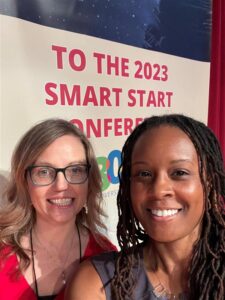





 The Smart Start Conference is the nation’s largest conference devoted to early education systems and strategies. The conference provides advanced professional development for early education leaders committed to improving the quality of and access to early childhood services for all children ages birth to five. It is intended for professionals who support families, for professionals who support those who work with children, and professionals engaging in early care and education systems change.
The Smart Start Conference is the nation’s largest conference devoted to early education systems and strategies. The conference provides advanced professional development for early education leaders committed to improving the quality of and access to early childhood services for all children ages birth to five. It is intended for professionals who support families, for professionals who support those who work with children, and professionals engaging in early care and education systems change.



 Fain Baker (left) and
Fain Baker (left) and 







 MARKETING AND COMMUNICATIONS SPECIALIST
MARKETING AND COMMUNICATIONS SPECIALIST IMPLEMENTATION SPECIALIST
IMPLEMENTATION SPECIALIST


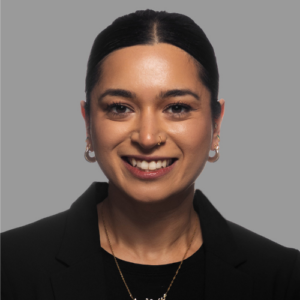 SENIOR CONTRACTS OFFICER
SENIOR CONTRACTS OFFICER
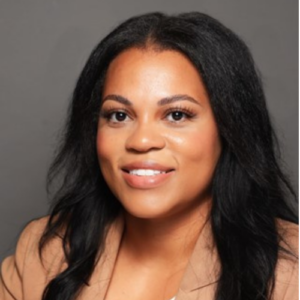

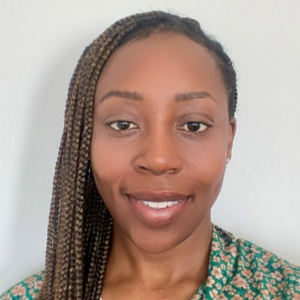
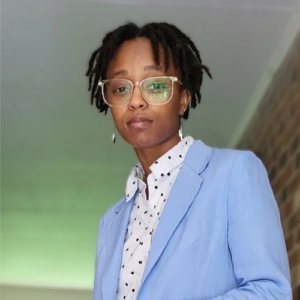


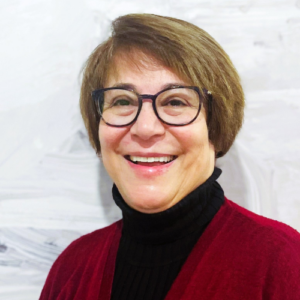 SENIOR INTERNAL OPERATIONS MANAGER
SENIOR INTERNAL OPERATIONS MANAGER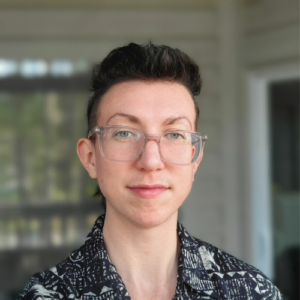

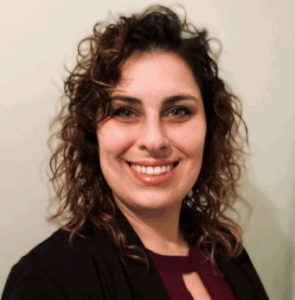 FINANCE AND HR SPECIALIST
FINANCE AND HR SPECIALIST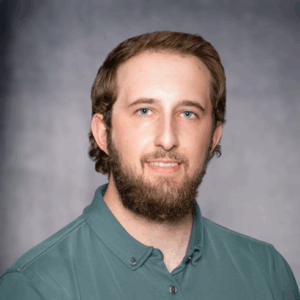 ANALYTICS SPECIALIST
ANALYTICS SPECIALIST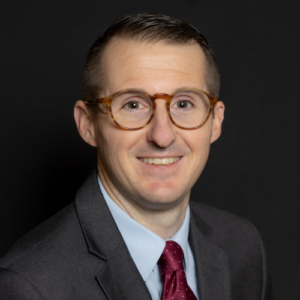
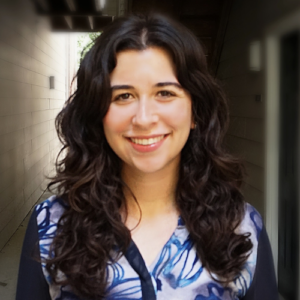 TEAM LEAD, ADVANCED IMPLEMENTATION SPECIALIST
TEAM LEAD, ADVANCED IMPLEMENTATION SPECIALIST
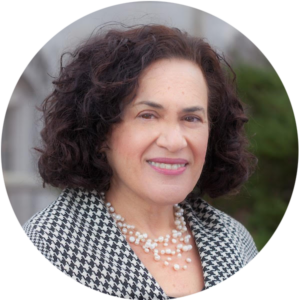




 COMMITTEE MEMBER, FOUNDER
COMMITTEE MEMBER, FOUNDER

 COMMITTEE MEMBER, FOUNDER
COMMITTEE MEMBER, FOUNDER COMMITTEE MEMBER
COMMITTEE MEMBER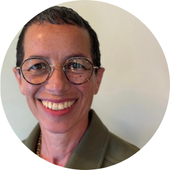
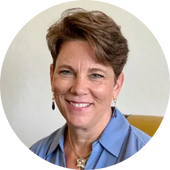
 DIRECTOR
DIRECTOR DIRECTOR
DIRECTOR DIRECTOR
DIRECTOR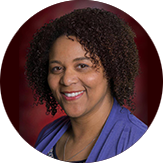 VICE CHAIR
VICE CHAIR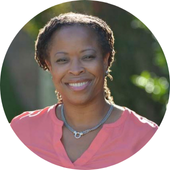
 TREASURER
TREASURER